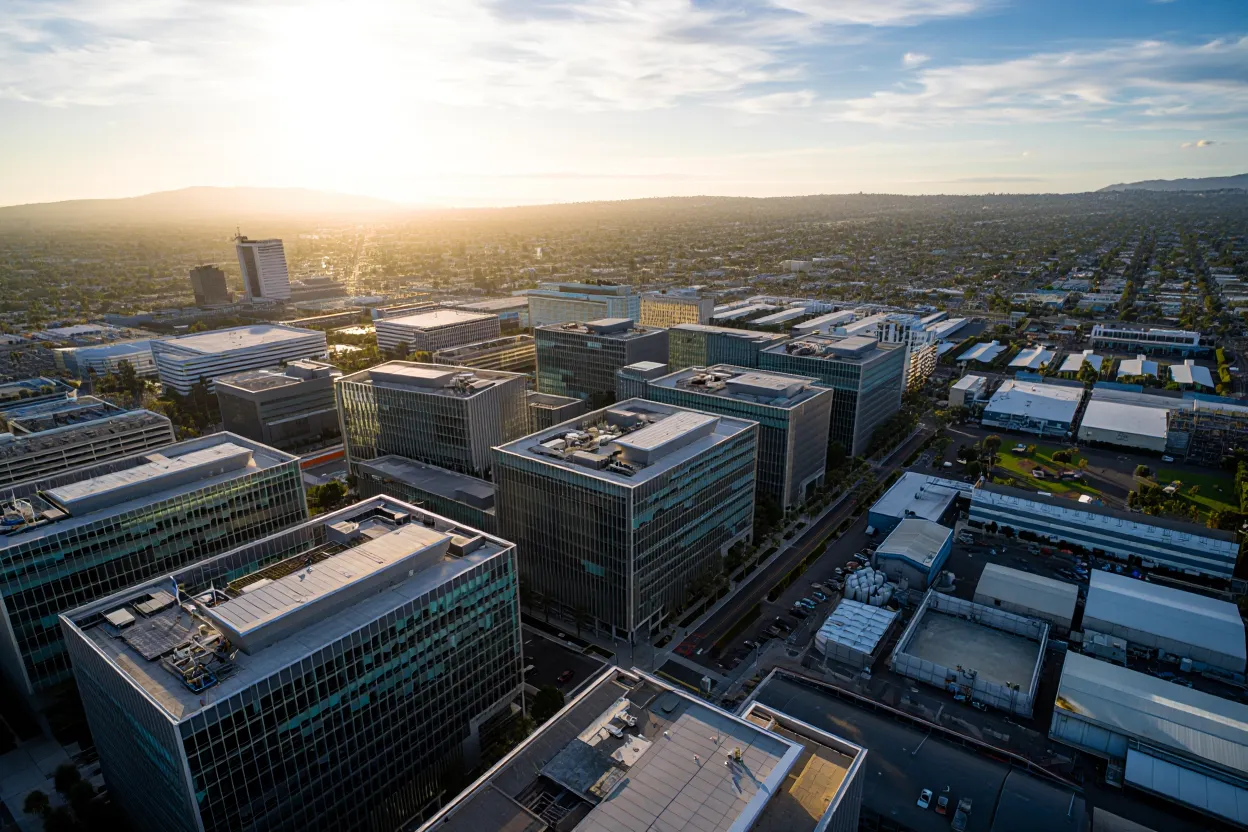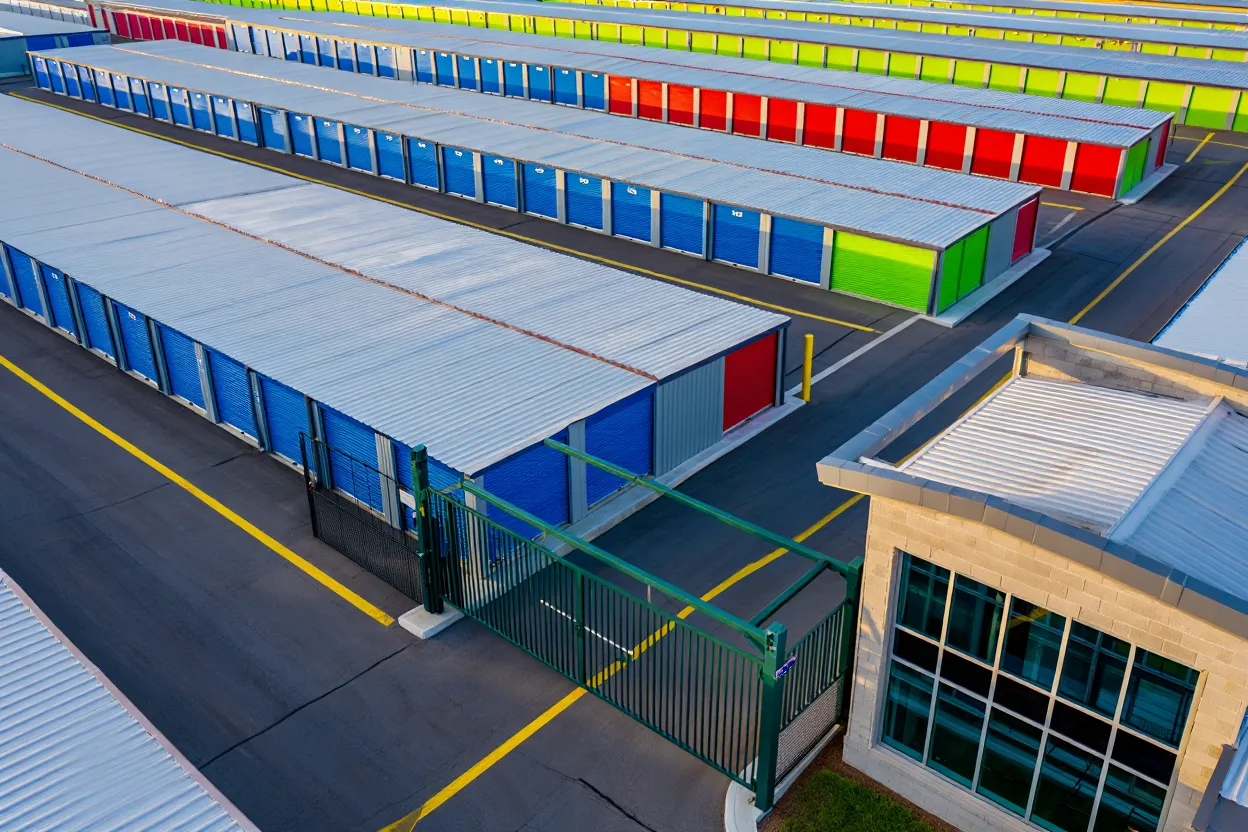Introduction:
A ground lease is a contractual agreement between a tenant and a property owner that allows the tenant to develop a piece of property during the lease period, after which the land and any improvements made on it are turned over to the property owner.
This type of lease is commonly used in commercial real estate and provides benefits for both tenants and landlords.
Key Takeaways:
- A ground lease involves a long-term lease, typically lasting between 50 to 99 years, in which a tenant constructs a building on the leased land.
- Tenants assume responsibility for all financial aspects of the lease, including rent, taxes, construction, insurance, and financing.
- Ground leases allow tenants to develop property in prime locations without the need for a large upfront payment, while landlords receive a steady stream of income and retain control over the property.
How it Works:
A ground lease begins with a contractual agreement between a landlord and a tenant. The lease grants the tenant the right to develop the property during the lease term, which is typically for a long duration of 50–99 years.
The tenant assumes all financial responsibilities, including rent payments, taxes, construction costs, insurance, and financing. The landlord retains ownership of the land and any improvements made on it.
Key Components:
- Tenant Responsibilities: In a ground lease, tenants are responsible for all expenses related to the lease, including rent, taxes, construction, insurance, and financing. This includes the cost of constructing, repairing, renovating, and improving the building on the leased land.
- Landlord Benefits: Landlords benefit from a ground lease by receiving a steady stream of income from the tenant without having to assume the financial responsibilities associated with property development. They also retain control over the use and development of the property.
- Improvement Financing: Tenants often finance improvements on the leased property by taking on debt. Depending on the type of ground lease, the landlord’s claims on the property may be subordinated or unsubordinated in case of tenant default on improvement-related loans.
Benefits:
- Access to Prime Locations: Ground leases allow tenants to develop property in prime locations that they might not be able to afford to purchase outright. This enables them to make investments and improve the property without a significant upfront payment.
- Steady Income for Landlords: Landlords benefit from a constant stream of income from the tenant’s rent payments. This provides financial stability and a consistent return on investment over the lease term.
- Control and Flexibility: Landlords retain control over the use and development of the property, allowing them to approve or deny any changes. This gives them the ability to maintain the desired quality and functionality of the property.
- Tax Deductions: Rent paid on a ground lease may be deductible for state and federal income taxes, reducing the overall tax burden for tenants.
Takeaway:
Ground leases provide an opportunity for tenants to build on property in prime locations without the need for significant upfront investments.
Tenants assume financial responsibility and benefit from access to valuable land for development. Landlords, on the other hand, receive a steady income stream and retain control and ownership of the property.
Understanding the advantages and obligations of a ground lease is crucial for both parties to ensure a successful and mutually beneficial agreement.
However, it’s important for both landlords and tenants to carefully review and negotiate the terms of the lease to address potential challenges and ensure that their respective interests are protected.
Sources:












